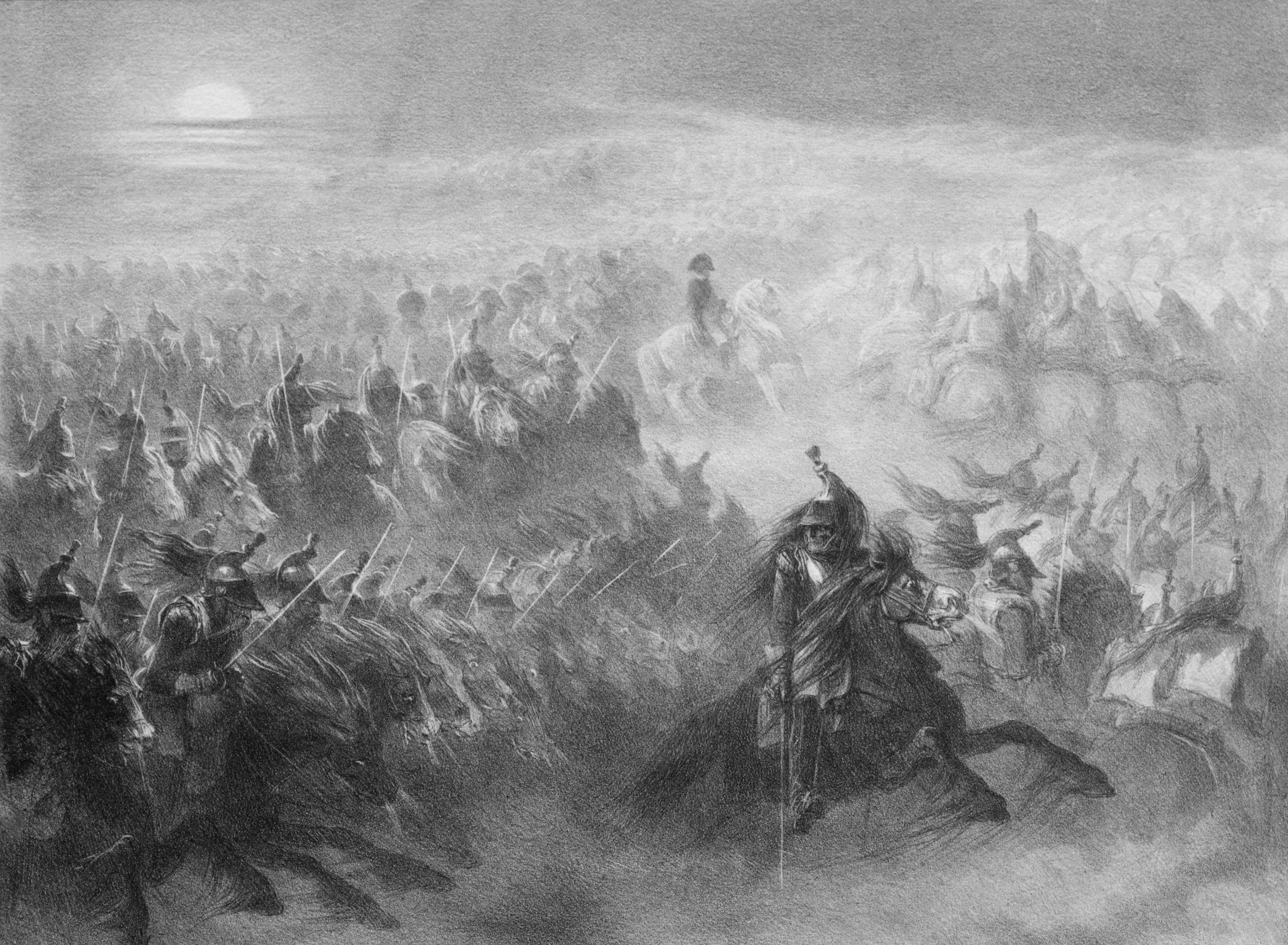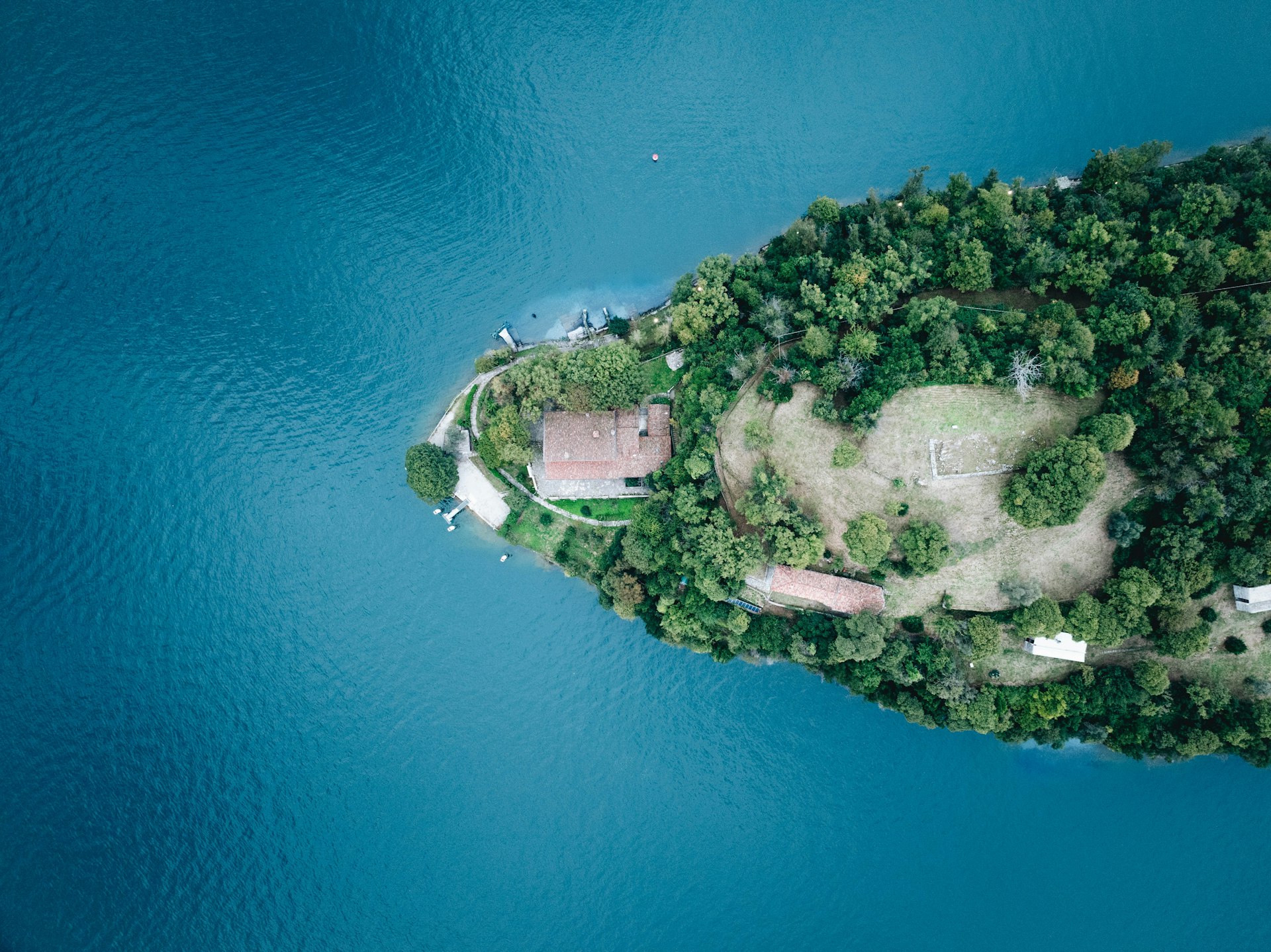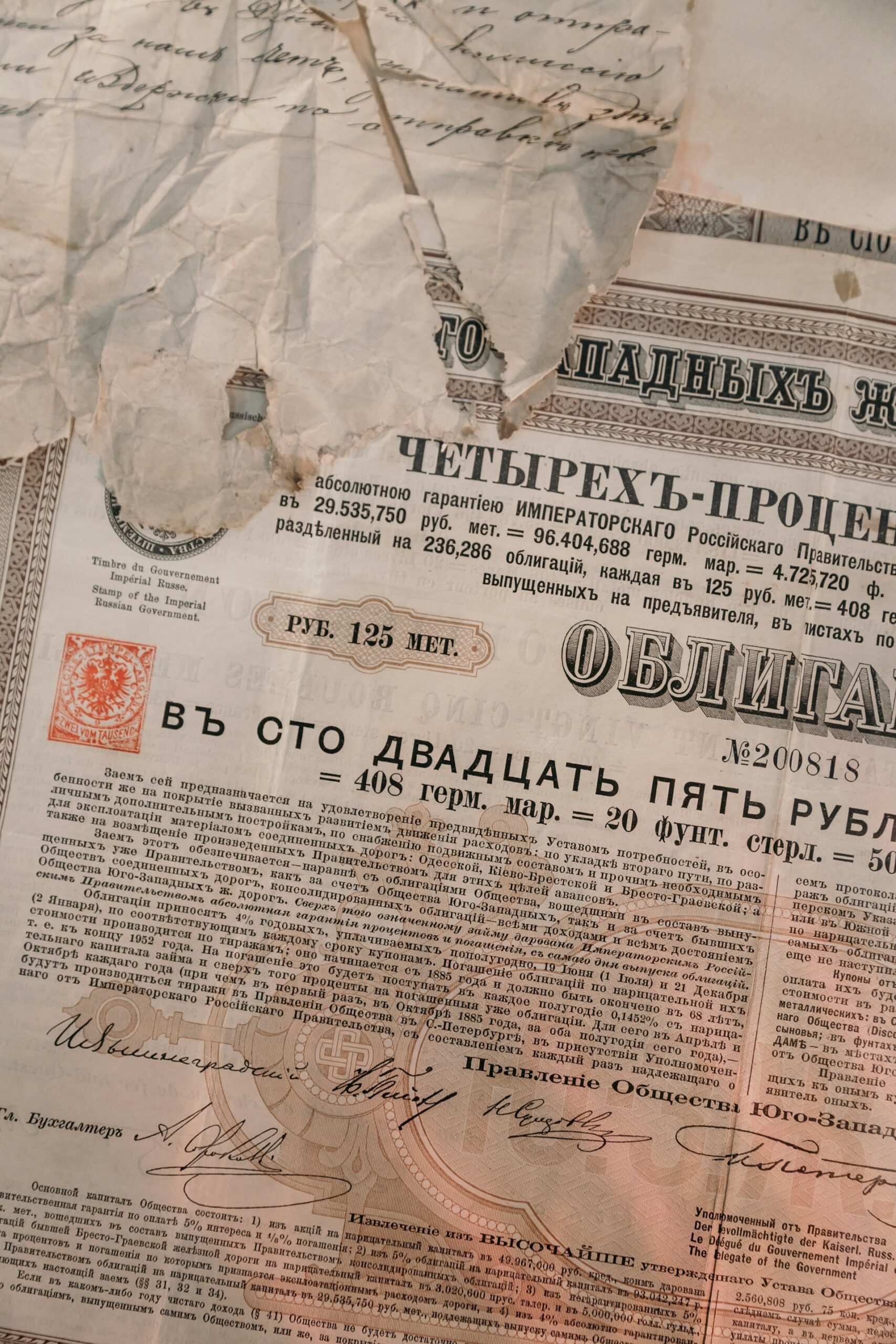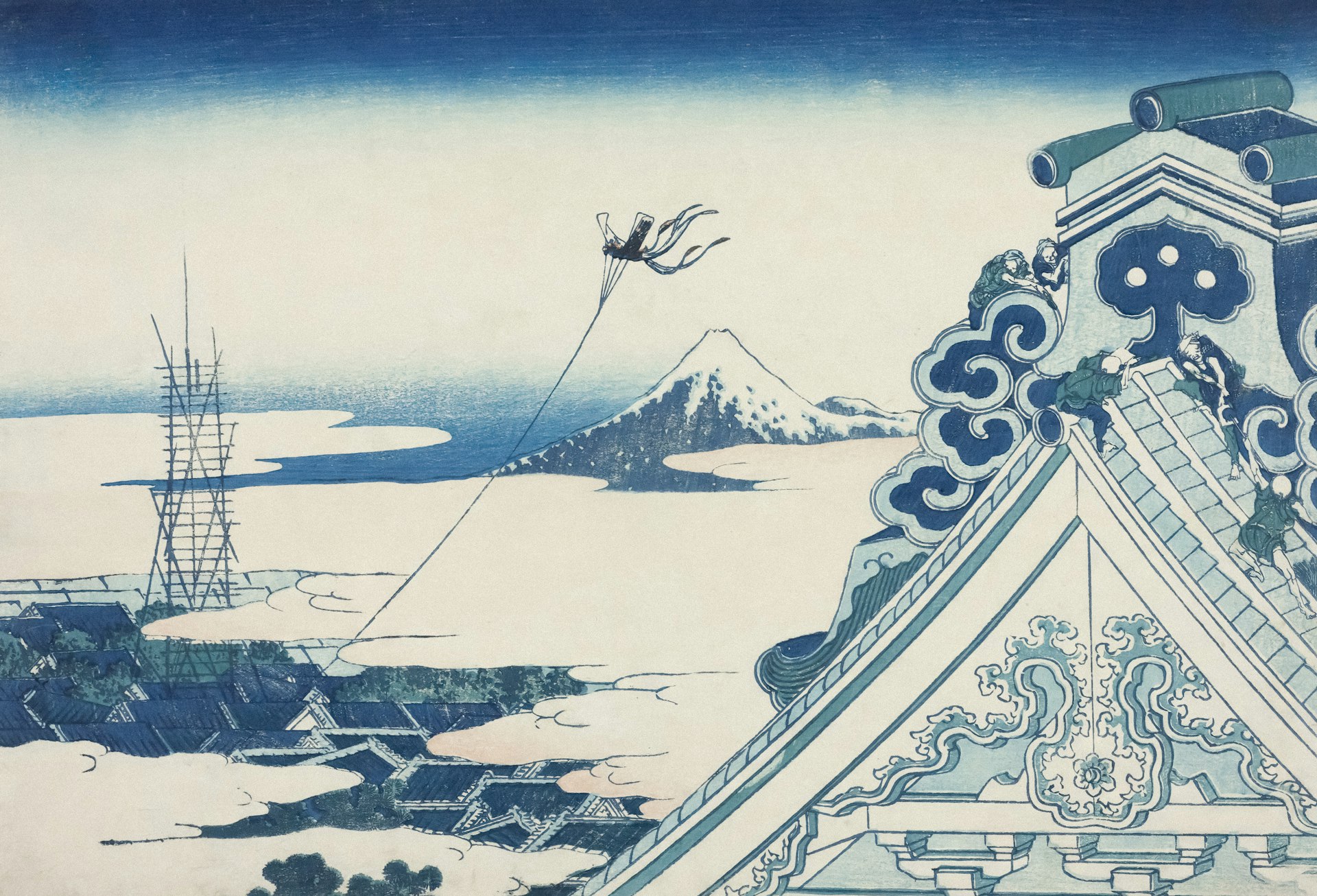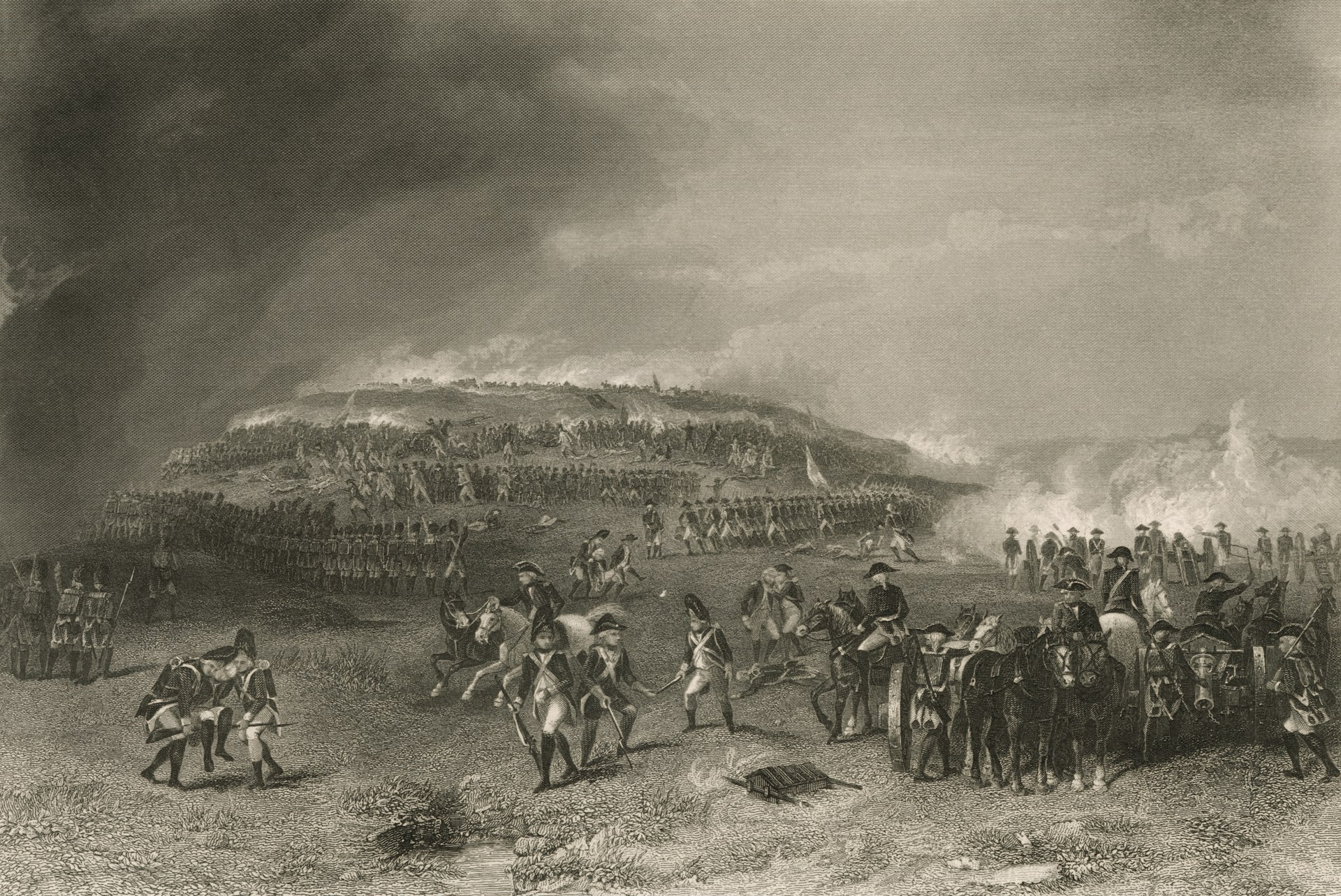Archaeological Discoveries That Redefined History: Breakthroughs, Insights, and How to Explore Further

Photo by Pavle Äurakić on Unsplash
Introduction
Throughout history, pivotal archaeological discoveries have dramatically altered our understanding of ancient civilizations, human origins, and cultural evolution. Each new finding offers a window into the past, challenging established narratives and inspiring both scholars and the public to rethink what we know about humanity’s journey. This article delves into some of the most significant archaeological discoveries, their profound impact, and offers actionable guidance for those interested in learning more or getting involved in archaeology.
Revelations That Changed Human History
Pompeii and Herculaneum: Preserved in Time
The ancient Roman cities of Pompeii and Herculaneum were buried under volcanic ash and pumice when Mount Vesuvius erupted in 79 CE. Their rediscovery in the 18th century offered an unparalleled glimpse into daily life in the Roman Empire. Buildings, frescoes, and even citizens’ bodies were preserved, allowing archaeologists to study everything from urban planning and household customs to dietary habits. Artifacts such as a bakery’s prison, where enslaved people were kept, have illuminated the complex social structure of Roman society [1] . The recent discovery of Dionysian banquet hall frescoes in Pompeii continues to reveal the artistic and spiritual lives of its residents [4] .
King Tutankhamun’s Tomb: Renewed Fascination with Ancient Egypt
Discovered by Howard Carter in 1922, the tomb of Tutankhamun in Egypt’s Valley of the Kings was almost entirely intact and filled with treasures. The find reignited global interest in ancient Egypt and provided scholars with invaluable artifacts to study burial practices, art, and daily life in the New Kingdom era. Over 2,000 artifacts, including the famous golden death mask, were cataloged, contributing to Egyptology’s growth as a discipline [3] .
The Rosetta Stone: Deciphering Lost Languages
Unearthed in 1799, the Rosetta Stone featured the same inscription in Greek, Demotic, and hieroglyphic scripts. Its discovery enabled scholars, led by Jean-François Champollion, to finally decode ancient Egyptian hieroglyphs. This breakthrough unlocked thousands of years of Egyptian history previously shrouded in mystery, revealing details about pharaohs, governance, and daily life [1] .
The Cave of Altamira: Rethinking Early Human Creativity
In 1880, the Cave of Altamira in Spain was found to contain polychrome cave paintings dating back over 20,000 years. The discovery challenged prevailing beliefs that prehistoric humans were solely focused on survival, demonstrating instead a capacity for artistic expression and symbolic thought [5] . This opened the door to deeper investigations into early human cognitive and cultural development.
Mohenjo-daro and the Indus Valley Civilization: An Advanced Ancient Society
Mohenjo-daro, discovered in the 1920s, revealed a highly sophisticated urban civilization in South Asia dating back to 2500 BCE. The city featured advanced drainage systems, standardized brick construction, and a layout that showed evidence of urban planning. These findings proved that advanced civilization was not limited to Egypt and Mesopotamia, expanding the scope of ancient history [2] . Despite the significance of the artifacts, the Indus script remains undeciphered, representing an ongoing challenge in understanding this culture.
The Staffordshire Hoard: Rewriting Anglo-Saxon History
In 2009, the largest collection of Anglo-Saxon gold and silver metalwork was discovered in Staffordshire, England. Consisting of over 3,500 items, the hoard has forced historians to reconsider the wealth, artistry, and power structures of early medieval Britain. The find represents around 60% of all Anglo-Saxon artifacts ever recovered, providing a treasure trove for scholars [5] .
Accessing Archaeological Insights: How to Learn More or Get Involved
If you are interested in exploring these discoveries further or pursuing opportunities in archaeology, there are several actionable steps you can take:
- Visit Museums and Exhibitions: Major museums around the world, such as the British Museum, the Louvre, and the Egyptian Museum in Cairo, house artifacts from these discoveries. You can search for museum exhibitions and collections online or visit their official websites for virtual tours and educational materials.
- Take Online Courses: Many universities and platforms offer courses on archaeology and ancient history. You can search for “archaeology online courses” or check platforms like Coursera and edX for accessible programs taught by experts.
- Join Archaeological Societies: Organizations such as the Archaeological Institute of America and the World Archaeological Congress provide resources, publications, and sometimes opportunities to participate in fieldwork. You can search for these organizations by name to learn about their membership options and upcoming events.
- Participate in Volunteer Digs: Some archaeological projects accept volunteers. While opportunities may vary by region and season, you can look for information through university archaeology departments or established archaeological societies. Always verify the legitimacy of any program before applying.
-
Read Verified Publications:
Journals like
Antiquity
,
Archaeology Magazine
, and
Current World Archaeology
regularly publish updates on new findings. Accessing articles through their official websites or your local library can keep you informed about the latest breakthroughs. - Watch Documentaries and Educational Videos: Reputable outlets such as PBS, National Geographic, and BBC frequently produce content on major archaeological discoveries. Searching these networks by keyword can yield educational series and recent documentaries.
If you wish to access more detailed data about any government-funded archaeological program, consider contacting your country’s heritage or antiquities authority. In the United States, this is typically managed by the National Park Service and the Smithsonian Institution. Visit their official websites or call their public inquiry lines for current opportunities and resources.
Challenges and Opportunities in Archaeological Research
Despite stunning breakthroughs, archaeologists face persistent challenges: preservation concerns, political instability, funding limitations, and the ethical handling of human remains and cultural artifacts. For example, climate change and urban development threaten many sites. Ethical debates also surround the repatriation of artifacts and the engagement of local communities in research. Solutions include strengthening international cooperation, promoting ethical excavation practices, and supporting sustainable tourism.
Alternative pathways for involvement include citizen science projects, supporting archaeological preservation through fundraising, and participating in local history groups. You can also advocate for the protection of heritage sites in your community by contacting local officials or conservation organizations.

Photo by Nika Benedictova on Unsplash
Key Takeaways and Next Steps
Archaeological discoveries such as Pompeii, the Rosetta Stone, Tutankhamun’s tomb, and the Staffordshire Hoard have fundamentally reshaped our understanding of the past. They remind us that history is dynamic-constantly rewritten with each new find. Whether you’re a student, enthusiast, or aspiring archaeologist, numerous resources, organizations, and programs can help you deepen your knowledge or contribute to preserving humanity’s shared heritage. Start by exploring museum collections, enrolling in online courses, or reaching out to established archaeological societies. Always ensure the legitimacy of programs and opportunities, and seek guidance from official agencies or recognized academic institutions for the most up-to-date information.
References
- [1] Business Insider (2024). Nine Archaeology Discoveries That Changed Our Understanding of Human History.
- [2] YouTube (2025). Most Incredible Archaeological Discoveries That Changed History.
- [3] The Complete University Guide (2025). Top Ten Archaeological Discoveries.
- [4] The Collector (2025). The Top 8 Archaeological Discoveries of 2025 (So Far).
- [5] Explore the Archive (2023). 10 Fascinating Archaeological Discoveries That Changed Our Understanding of Human History.
MORE FROM oncecoupon.com

